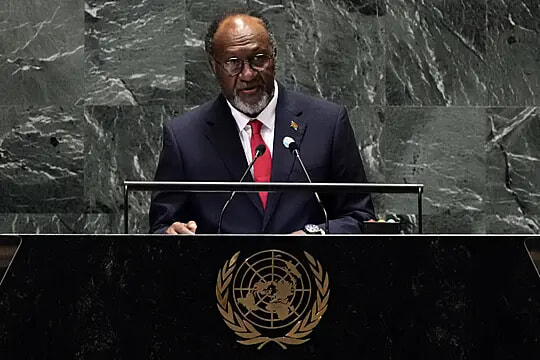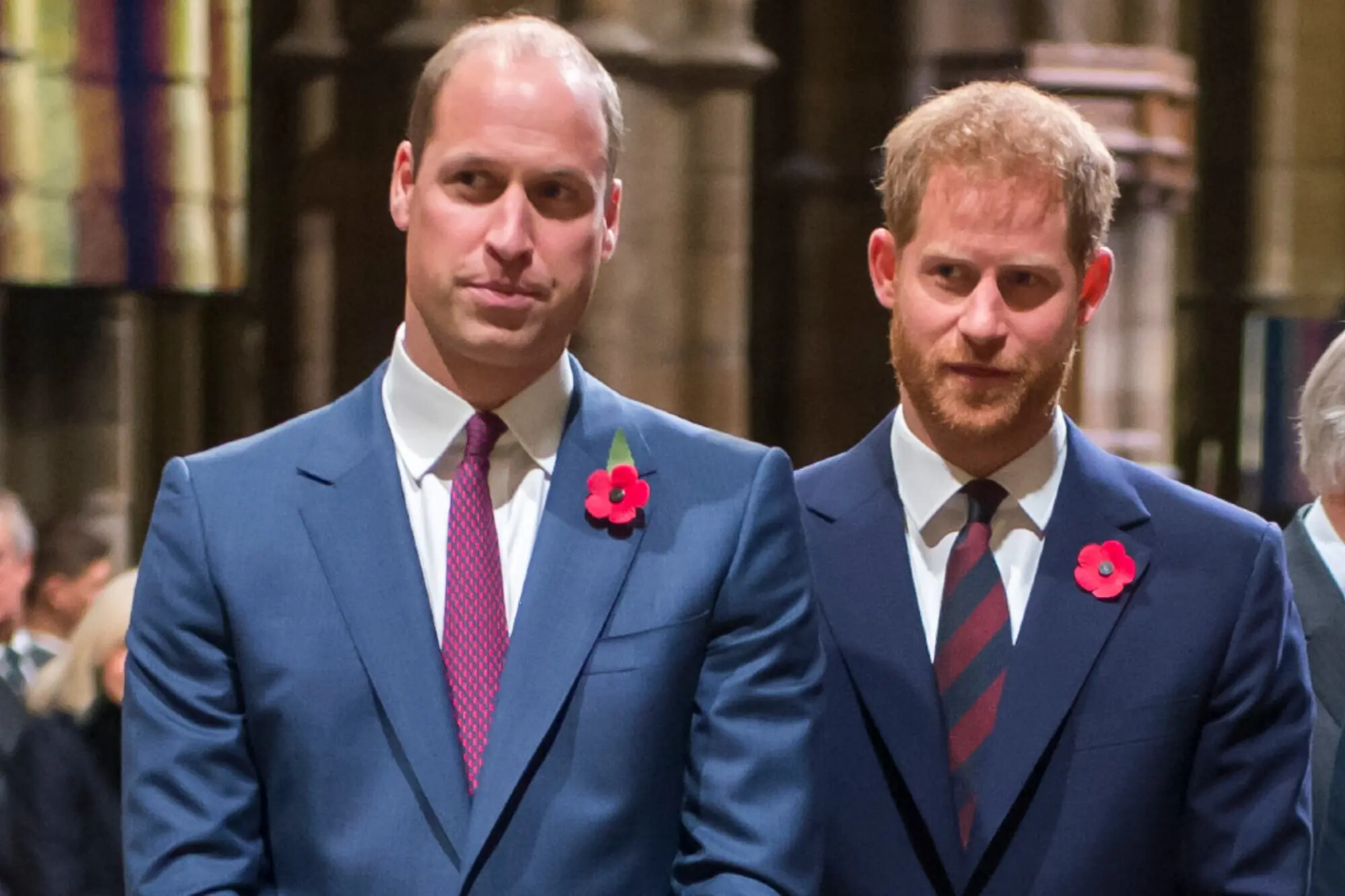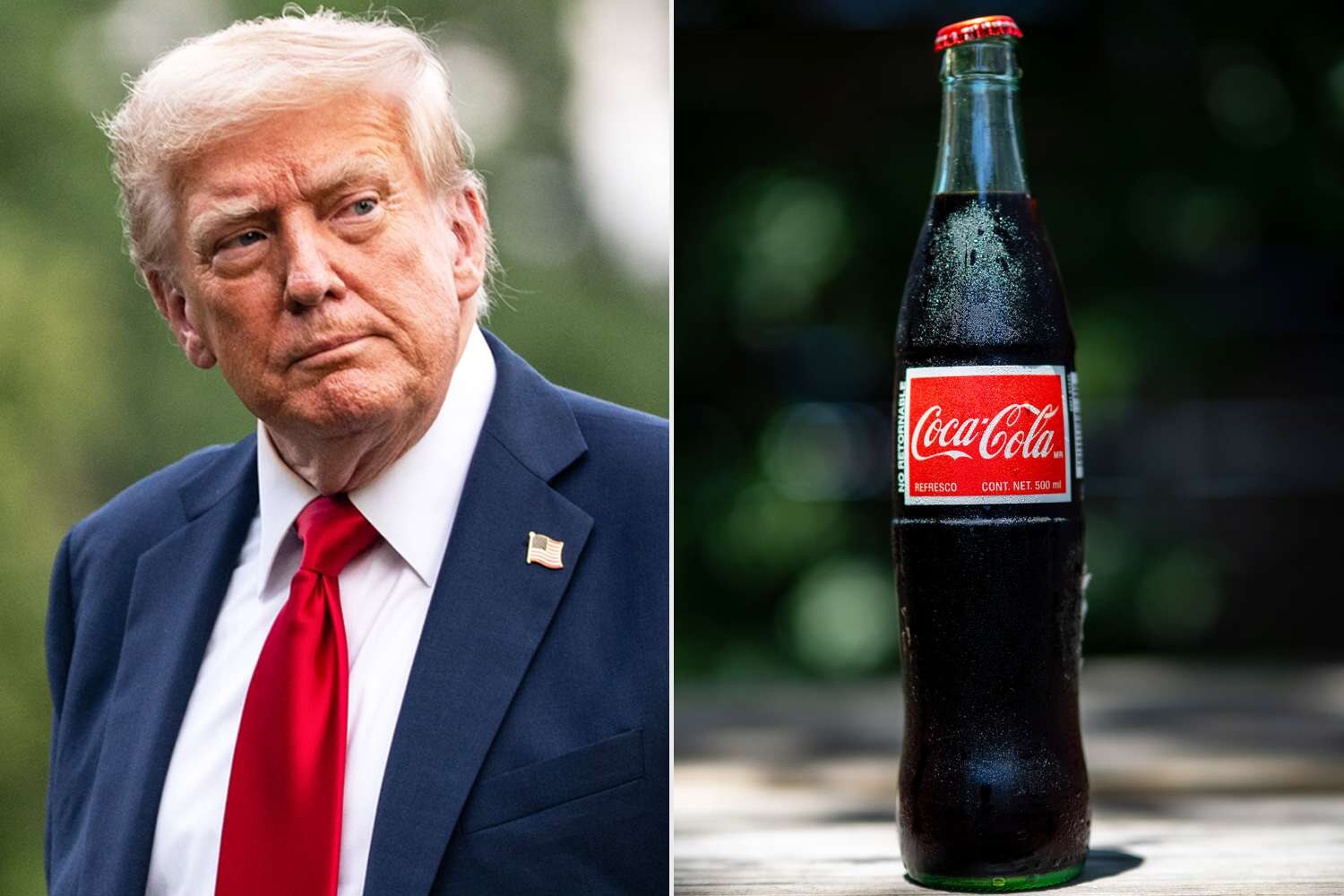
LA Dodgers Owner Buys the Lakers for a Record $10 Billion
That's a lot!
Published June 30, 2025
Advertisement
Advertisement
1. The Blockbuster Deal: Lakers Sold for Record $10 Billion

The Los Angeles Lakers, a crown jewel of the NBA, are set for a seismic shift as the Buss family has agreed to sell a majority stake to Mark Walter, owner of the Los Angeles Dodgers, for an unprecedented $10 billion.This transaction represents the largest sale price ever recorded for a professional sports franchise, shattering the previous record held by the Boston Celtics at $6.1 billion.Mark Walter, the CEO and chairman of TWG Global and Guggenheim Partners, will become the new majority owner, though Jeanie Buss will remain as the franchise’s governor and maintain a minority stake of just over 15% for the foreseeable future.The deal, first reported by ESPN and confirmed by multiple outlets, is not only historic in its financial scale but also marks the end of a 46-year era in which the Buss family transformed the Lakers into a global icon.League approval is required, but sources expect finalization in the coming months, with the NBA’s Board of Governors set to meet in Las Vegas to review the sale.The agreement secures Jeanie Buss’s continued role at the helm of the franchise, ensuring a degree of stability and continuity as the team transitions to new ownership.The news has sent shockwaves through both sports and business worlds, with figures like Magic Johnson and Dodgers manager Dave Roberts endorsing Walter’s competitive drive and commitment to winning.With Walter’s extensive experience managing sports teams—most notably, the Dodgers’ World Series wins and major investments—the Lakers are positioned for an era of unprecedented resources and ambition.The purchase is the latest in a series of high-profile NBA franchise sales, following Mark Cuban’s sale of the Mavericks and the Celtics’ blockbuster deal, signaling a broader trend of soaring sports franchise valuations.For Lakers fans, the sale ushers in a new chapter while honoring the extraordinary legacy built by the Buss family—one defined by championships, superstars, and enduring Hollywood glamour.
Advertisement
2. The Buss Family Legacy: From Visionary to Icons

Jerry Buss purchased the Lakers in 1979 for just $67.5 million in a deal that also included the Los Angeles Kings and The Forum, beginning one of the most storied ownership runs in sports history.During his tenure, Buss transformed the franchise into a dynasty, leading the Lakers to 10 NBA titles under his leadership, with a roster that featured legends like Magic Johnson, Kareem Abdul-Jabbar, Kobe Bryant, Shaquille O’Neal, and later, LeBron James.The “Showtime” era of the 1980s not only brought championships but reinvigorated the NBA’s national popularity, turning the Lakers into a global brand synonymous with entertainment and excellence.After Jerry Buss passed away in 2013, his 66% stake was transferred to his six children, with Jeanie Buss assuming the pivotal role of team governor, guiding the franchise through major transitions and legal disputes.Jeanie Buss’s leadership has been marked by both continuity and innovation, navigating the team through league changes, new media landscapes, and shifting player dynamics.Under her stewardship, the Lakers have continued their tradition of chasing superstars, landing talents like LeBron James and orchestrating blockbuster trades such as the recent acquisition of Luka Dončić from Dallas.The family’s management style was often more personal than corporate, tying their fortune closely to the team and at times limiting spending outside of the player roster.Despite these constraints, the Lakers maintained their reputation as a premier destination for top talent, consistently vying for championships and upholding their cultural cachet in Los Angeles and beyond.The Buss family’s exit from majority control signals the end of an era in which family-owned teams shaped the NBA’s narrative, replaced now by owners with vast resources from other industries.For nearly half a century, the Buss legacy was built on risk-taking, resilience, and the unrelenting pursuit of victory, making their departure one of the most significant moments in league history.As Jeanie Buss stays on as governor, her continued presence ensures that the family’s influence and guiding principles will still echo through the halls of Crypto.com Arena for years to come.
Advertisement
3. Mark Walter: The New Power Behind the Purple and Gold

Mark Walter, the incoming majority owner of the Lakers, is no stranger to sports ownership or Los Angeles.Walter’s ascent began in the financial sector as the CEO and co-founder of Guggenheim Partners, a firm now managing over $325 billion in assets.He entered the sports world by purchasing the Dodgers in 2012 for $2 billion, rescuing the storied franchise from bankruptcy and investing heavily in roster and infrastructure.Under his stewardship, the Dodgers have become a model franchise, capturing two World Series titles and never missing the postseason during his tenure.Walter’s sports empire extends beyond baseball, with interests in the Los Angeles Sparks of the WNBA, the Professional Women’s Hockey League, and motorsports ventures like Cadillac Formula 1, as well as a stake in Chelsea FC.His approach is defined by aggressive investment, data-driven management, and a willingness to spend for championship-caliber teams—attributes that have set industry standards and drawn admiration from peers.The $10 billion Lakers deal is a testament to Walter’s ambition and signals his intent to bring the same level of commitment and innovation to the NBA’s marquee franchise.Walter acquired a minority stake in the Lakers in 2021, securing a right of first refusal that paved the way for this blockbuster purchase when the Buss family decided to sell.Known for his behind-the-scenes style, Walter’s partnerships with iconic figures like Magic Johnson have helped him earn the trust and endorsement of the LA sports community.With the Lakers, Walter inherits not only a global brand but also the immense expectations of a city accustomed to excellence and star power.His challenge now is to blend the Lakers’ rich tradition with the forward-thinking strategies that have defined his career, ushering the franchise into a new era of financial and competitive might.
Advertisement
4. Why the Lakers? The Allure and Value of a Global Sports Icon

The Los Angeles Lakers are more than just a basketball team—they are an international phenomenon and a pillar of sports culture.Valued at $7.1 billion by Forbes in 2024 and now sold at $10 billion, the Lakers have outpaced nearly every franchise in any sport, trailing only the Golden State Warriors and New York Knicks before this sale.With 17 NBA championships—second only to the Boston Celtics—the Lakers’ on-court legacy is matched by their off-court influence, from Hollywood glitz to global fan engagement.Their brand power has been built on decades of star-driven narratives, with household names who transcend the sport and captivate audiences worldwide.The “Showtime” Lakers redefined entertainment in sports, merging basketball with celebrity, fashion, and music to create a unique LA identity.Major media partnerships, lucrative merchandise sales, and global marketing efforts have only cemented the team’s financial dominance and cultural relevance.Strategic investments in roster talent have kept the Lakers at the center of NBA storylines, with recent moves like acquiring Luka Dončić and extending LeBron James’s contract underscoring their ambition.Ownership stability and vision have been crucial in maintaining the team’s competitive edge, drawing praise from players, executives, and business leaders alike.The Lakers’ global reach ensures a fan base that spans continents, with games, apparel, and content consumed by millions each season.For Mark Walter, acquiring the Lakers represents both a crown jewel for his sports portfolio and a platform to influence the future of professional athletics at the highest level.The deal not only resets the market for sports franchise valuations but also raises the bar for what it means to steward a legendary team in the age of billion-dollar brands.
Advertisement
5. The Blockbuster Luka Dončić Trade: A New Era on the Court

Just months before the historic sale, the Lakers shocked the NBA with one of the most consequential trades in recent memory, landing superstar Luka Dončić from the Dallas Mavericks.The deal sent Anthony Davis, Max Christie, and a future first-round pick to Dallas in exchange for Dončić, Maxi Kleber, and Markieff Morris—a move designed to keep the Lakers at the forefront of championship contention.Dončić, a perennial MVP candidate and global sensation, joins LeBron James to form a superstar duo, instantly reshaping the team’s trajectory and media narrative.The acquisition was orchestrated under Jeanie Buss’s leadership and sets the stage for the franchise’s transition to Mark Walter’s stewardship, signaling an unwavering commitment to winning.James, now 40 and in his 22nd NBA season, remains one of the league’s most dynamic players, recently signing a two-year, $104 million extension to continue his Lakers journey.With Dončić and James, the Lakers boast one of the most formidable rosters in basketball, blending experience with youthful star power in pursuit of an 18th NBA title.General manager Rob Pelinka’s aggressive roster moves have kept the Lakers in the title conversation and demonstrated the organization’s willingness to make bold, transformative decisions.Fans and analysts have praised the front office for its ability to secure marquee talent, maintaining the Lakers’ reputation as a destination for the league’s elite.The Dončić trade is not just a basketball move; it’s a business strategy, reinforcing the team’s brand value and marketability in both domestic and international arenas.As the new ownership group takes charge, the Lakers’ commitment to star power and showmanship remains as strong as ever, reflecting the franchise’s enduring identity.This blockbuster deal is a clear message: under new leadership, the Lakers intend to chase glory, attract legends, and redefine what’s possible for an NBA franchise.
Advertisement
6. Inside the Deal: How the $10 Billion Sale Came Together

The Lakers’ $10 billion sale was the product of years of strategic positioning, legal negotiations, and evolving ownership philosophies.Mark Walter’s journey to majority ownership began with his purchase of a minority stake in 2021, which included a crucial right of first refusal on any subsequent majority sale by the Buss family.When the time came, the Buss siblings reached a majority agreement to move forward with the transaction, recognizing both the financial opportunity and the future stability Walter could offer.The sale required careful structuring to ensure Jeanie Buss’s continued role as governor, providing the organization with continuity during a period of major change.Walter’s willingness to endorse this plan and maintain the franchise’s leadership was a key factor in securing the deal and winning over skeptical stakeholders.Valuing the team at $10 billion—a figure well above previous benchmarks—was both a reflection of the Lakers’ unique market position and a signal of confidence in the NBA’s growth trajectory.The deal’s announcement followed a string of high-profile sales across the sports landscape, further fueling speculation about the rising valuations of premier teams worldwide.NBA approval is a formality, but the league’s Board of Governors is expected to thoroughly vet the deal, with finalization projected within months.For the Buss family, the sale represents the culmination of decades of stewardship, innovation, and championship ambition, allowing them to monetize their legacy while maintaining an enduring connection.For Walter and his group, the purchase is an investment in both prestige and potential, positioning the Lakers for an era of sustained success on and off the court.With the ink nearly dry, the NBA—and the sports world at large—has witnessed the dawn of a new ownership era defined by vision, resources, and relentless pursuit of excellence.
Advertisement
7. The Changing Face of NBA Ownership

The sale of the Lakers is the latest and largest in a wave of NBA franchise deals that reflect the league’s evolving ownership landscape.Mark Cuban’s sale of the Dallas Mavericks for $3.5 billion in 2023 and the Boston Celtics’ $6.1 billion deal earlier this year set the stage for soaring valuations and competitive bidding among the world’s wealthiest investors.Traditional family ownership is increasingly giving way to corporate-backed consortiums, investment groups, and billionaires whose fortunes were made outside of basketball.This shift brings new resources and business acumen to the league, but also raises questions about the future of team culture, community engagement, and long-term vision.For the Lakers, the move from the Buss family to Mark Walter marks the end of the NBA’s longest current family ownership streak, with the Pacers’ Herb Simon now the senior statesman among team owners.As teams become billion-dollar assets, ownership is less about passion projects and more about leveraging brand value, media rights, and global expansion opportunities.Walter’s track record with the Dodgers suggests he will blend sports tradition with the data-driven, investor-minded approach that defines the modern sports industry.League insiders see the Lakers’ sale as a bellwether for future transactions, potentially pushing other franchises to explore new partnerships or ownership models.For fans, the change is bittersweet—balancing nostalgia for family-run teams with the excitement of what greater resources and vision can bring.What remains unchanged is the NBA’s centrality to sports business, culture, and entertainment—a reality only underscored by this era-defining deal.The Lakers, under new ownership, stand as a symbol of the league’s transformation and its limitless potential in the decades to come.
Advertisement
8. Community Impact and the Hollywood Connection

The Lakers are woven into the fabric of Los Angeles, shaping not only sports culture but also the city’s identity and global perception.Jerry Buss’s vision was always rooted in entertainment, blending basketball with celebrity, fashion, and the city’s relentless energy to create an unrivaled spectacle at home games.Hollywood stars routinely fill the courtside seats, and the team’s success has become part of the city’s cultural narrative—broadcast worldwide through film, television, and social media.Jeanie Buss, as the NBA’s most prominent female owner, has been both a role model and a force for innovation, inspiring media projects like Netflix’s “Running Point” and actively engaging with the entertainment industry.The Lakers’ championship parades and community initiatives have provided moments of unity and pride for a city marked by diversity and ambition.Magic Johnson’s enduring presence—as a player, executive, and business partner—has symbolized the team’s deep community roots and commitment to uplifting Los Angeles.The new ownership group, led by Walter, inherits a legacy of civic engagement and is expected to continue investing in local causes and youth development.Los Angeles expects its sports teams to win, but also to give back—a standard the Lakers have consistently met through philanthropy, outreach, and cultural relevance.As the franchise steps into a new era, the expectation is that Walter will embrace the Lakers’ dual identity as both a basketball powerhouse and a beacon for the city’s spirit.The partnership between sports and Hollywood is set to deepen, with the Lakers at the intersection of entertainment, commerce, and community leadership.With a new owner in place, the Lakers’ role as a unifying force and a symbol of LA’s enduring allure remains stronger than ever.
Advertisement
9. What’s Next: Roster Moves, Championship Aspirations, and Financial Might

With the $10 billion deal nearing completion, attention turns to how the Lakers will deploy their new financial clout to build a championship-caliber roster.Mark Walter’s track record with the Dodgers—lavish spending on players, infrastructure upgrades, and global marketing—suggests a similar approach for the Lakers.The team has already locked in LeBron James for another run and added Luka Dončić, ensuring star power and a generational handoff on the court.Maxi Kleber and Markieff Morris provide depth and experience, while front-office leader Rob Pelinka is expected to continue pursuing bold moves in free agency and the trade market.The Lakers’ willingness to pay luxury taxes and invest in coaching, analytics, and player development will only grow under new ownership, giving them a competitive edge in a crowded field.Walter’s global sports connections could lead to innovative partnerships, new marketing strategies, and expanded fan engagement, especially as the NBA grows its international footprint.Fans and league insiders expect the Lakers to set new standards for operational excellence, blending tradition with cutting-edge practices to maximize both wins and brand value.As the 2025-2026 NBA season approaches, all eyes are on Crypto.com Arena, where the next chapter in the Lakers’ storied history will unfold under unprecedented expectations.For Jeanie Buss, the chance to focus on governance and legacy allows her to shape the team’s future while honoring her family’s contributions.For Mark Walter, the challenge is clear: uphold the Lakers’ legacy, chase titles, and ensure the franchise remains the league’s gold standard.The stakes have never been higher—and neither has the potential for greatness on and off the court.
Advertisement
10. The End of an Era and the Start of a New Legacy

The sale of the Los Angeles Lakers for $10 billion closes one of the most iconic chapters in sports ownership and opens a new frontier for the NBA’s most glamorous franchise.Jerry Buss’s visionary leadership, the family’s resilience, and Jeanie Buss’s pioneering role have cemented the Lakers as more than just a basketball team—they are a living, breathing institution.The transition to Mark Walter’s ownership marks both a generational handoff and a transformation in how sports teams are run, reflecting the demands of the modern era.As family dynasties give way to business empires, the Lakers’ continued success will depend on their ability to adapt, innovate, and invest at the highest level.For the city of Los Angeles, the deal is both an end and a beginning—celebrating decades of memories while looking forward to new moments of glory.League officials, business leaders, and fans across the world will watch closely as the Lakers redefine what’s possible for a sports franchise in the twenty-first century.With Jeanie Buss’s continued presence, Magic Johnson’s endorsement, and Walter’s resources, the franchise is poised to lead the NBA into its next chapter of global growth.The sale sets a new standard for sports valuations, business acumen, and what it means to own an iconic team in the world’s spotlight.Yet at its core, the Lakers’ story remains rooted in ambition, passion, and the relentless pursuit of greatness—values that transcend ownership and endure through every era.As a new legacy takes shape in Los Angeles, the spirit of the Lakers—championship dreams, Hollywood magic, and community pride—continues to shine, undiminished and unstoppable.This moment is both a tribute to the past and a promise for the future: the Lakers remain, as ever, the heart of the basketball world.
Advertisement
Advertisement
You May Also Like






